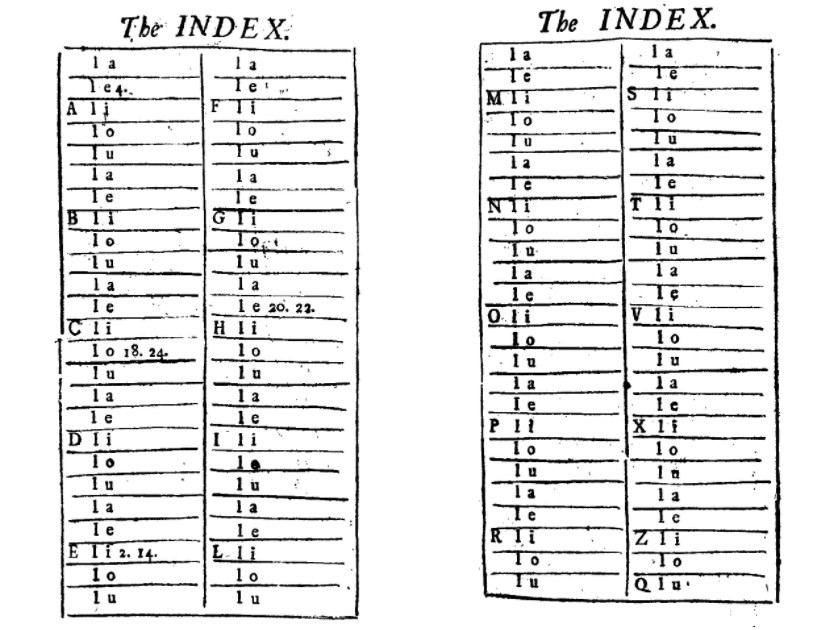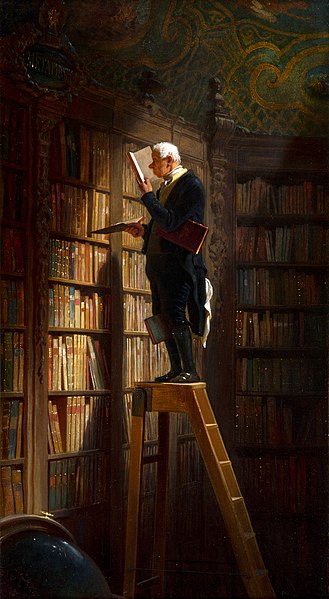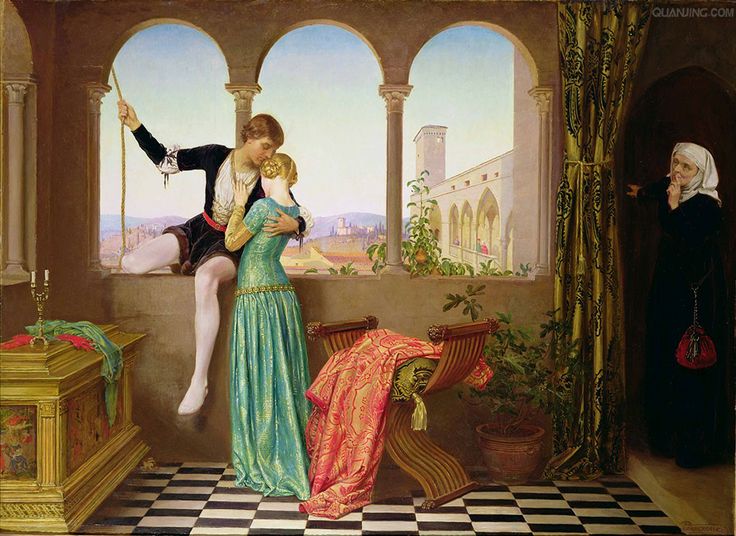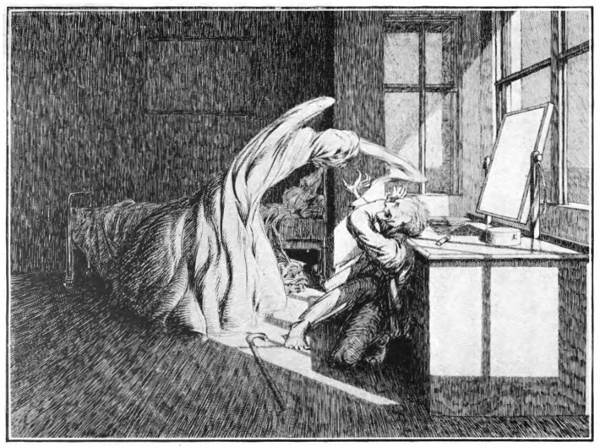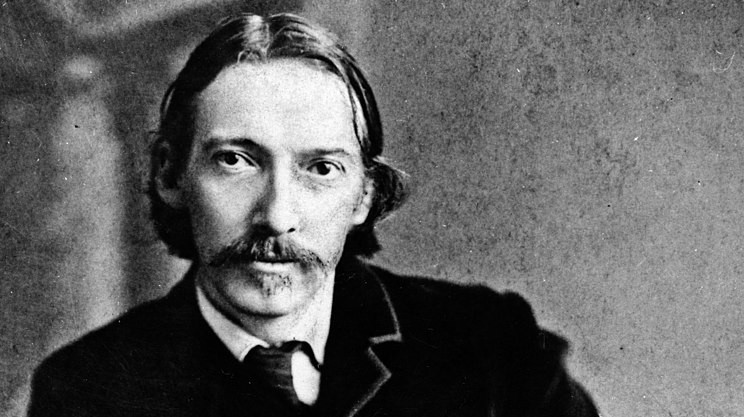Like many thinkers of his age, John Locke maintained a commonplace book, an intellectual scrapbook of ideas and quotations he’d found in his readings. In order to be useful, such a book needs an index, and Locke’s method is both concise (occupying only two pages) and flexible (accommodating new topics as they come up, without wasting pages in trying to anticipate them).
The index lists the letters of the alphabet, each accompanied by the five vowels. Then:
When I meet with any thing, that I think fit to put into my common-place-book, I first find a proper head. Suppose for example that the head be EPISTOLA. I look unto the index for the first letter and the following vowel which in this instance are E. i. If in the space marked E. i. there is any number that directs me to the page designed for words that begin with an E and whose first vowel after the initial letter is I, I must then write under the word Epistola in that page what I have to remark.
The result is a useful compromise: Each of the book’s pages is put to productive use without any need for an overarching plan, and the contents are kept accessible through a simple, expanding index that occupies only two pages. The whole project can grow in almost any direction, and when the pages are full then a new volume can be begun.
(Via the Public Domain Review.)

